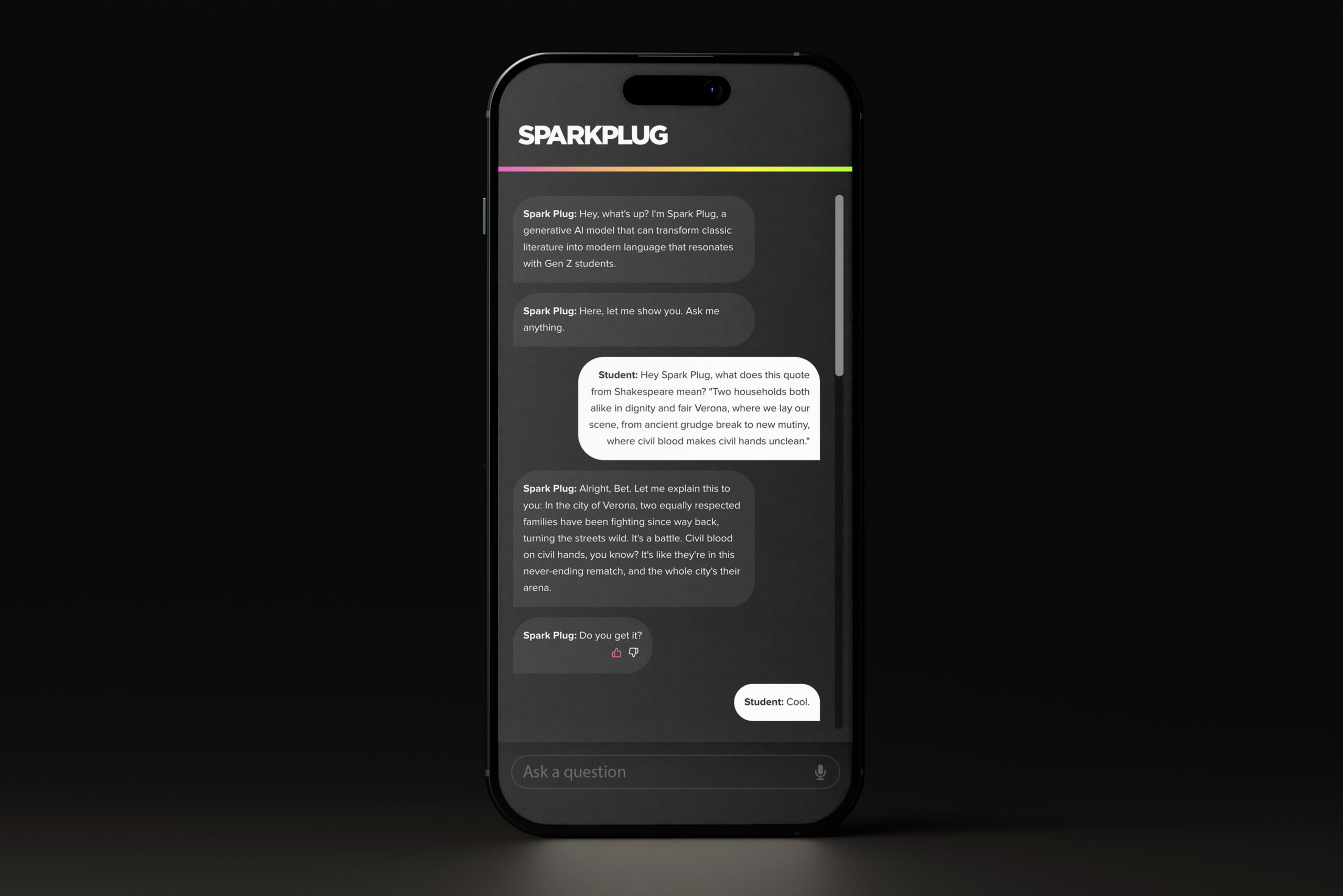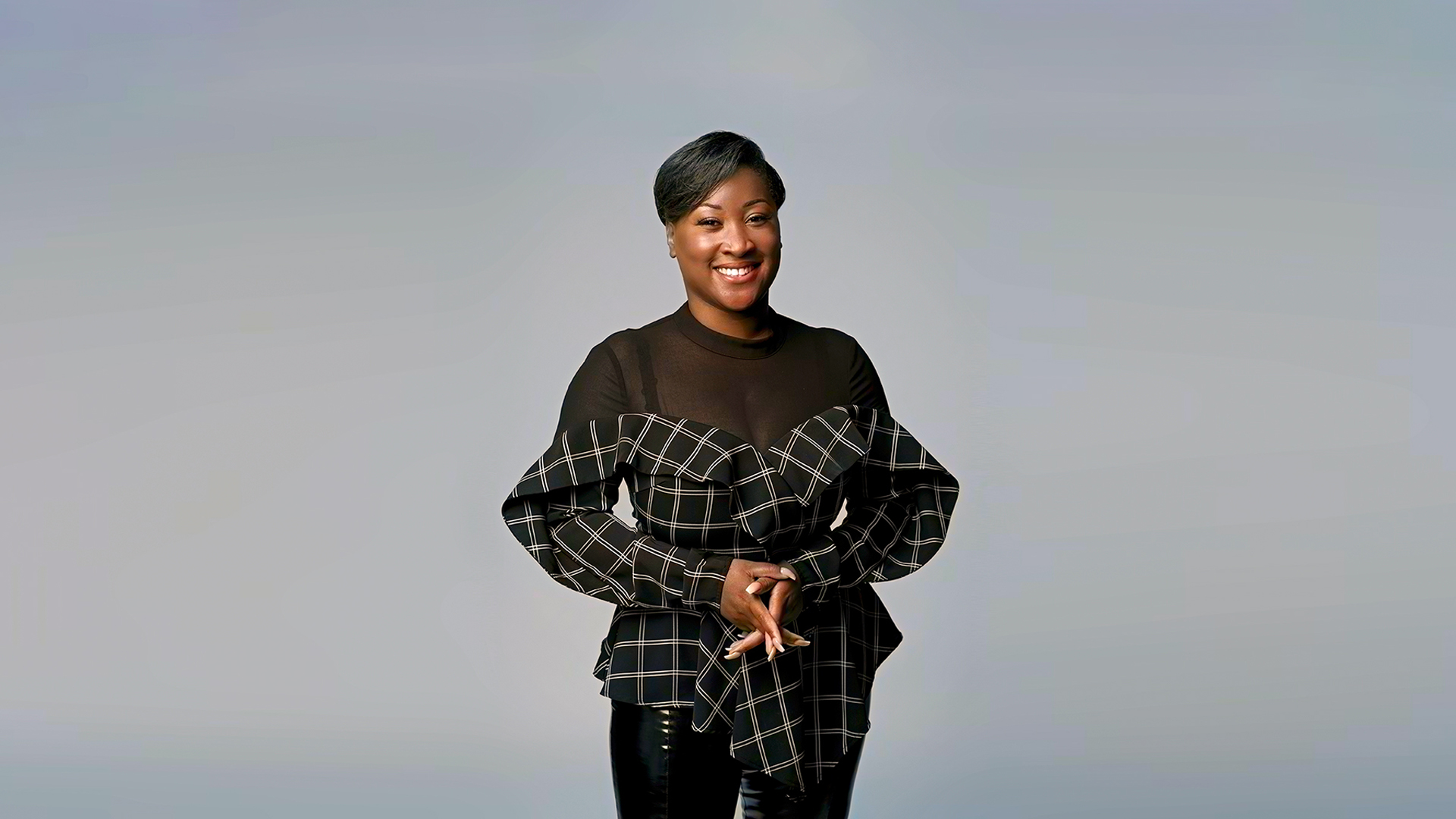Tech Spark Founder Tamar Huggins has created a rival to ChatGPT.
According to a press release shared with AFROTECH, Huggins has raised $1.4 million to unveil Spark Plug, described as an “equitable alternative to mainstream AI (artificial intelligence) platforms.”
The funding round was supported by TD Bank, Salesforce, The Government of Canada, NBA Canada, and Foundation for Black Communities.
“The FoundHers Report, 2021 states Black women receive an average of $30,000 throughout the entire life of their business. For us to hit $1 million let alone $1.4 million, and we’re still raising, it’s an amazing accomplishment for me,” Huggins told AFROTECH. “I am also really excited to see how this inspires other women to go after larger investments and create larger impacts with their businesses.”
Through Spark Plug, Huggins says she saw an opportunity to further the work the company has been doing since its inception in 2015. Tech Spark is a Canadian-based tech and design school established to embolden K-12 children and teachers of color in education. Now, the company plans to reach 100,000 students in the United States and Canada through its inclusive generative AI model.
“I asked myself how are we going to scale our existing work, which is culturally responsive curriculum design and development, and reach as many students as we can,” Huggins said. “The way that we were doing it internally, wasn’t scalable. So, that’s where the idea for Spark Plug began to germinate. We started thinking about how can we utilize technology to personalize content in a way that has never been done before, and has the capability to reach students, without us necessarily having a direct touchpoint with them.”
To bring the product to life, Huggins sought out resources from the Harlem Renaissance era and the Civil Rights movement. In addition, she recruited her 13-year-old daughter, Talia, for the product development process because she is targeting Generation Z.
Intentionally seeking Black voices served the purpose of training the AI model to effectively respond to African-American vernacular.
“Spark Plug is a generative AI model, similar to ChatGPT in the sense that users can submit a query and receive a response,” Huggins explained. “Now one of the differences with our platform is that we’ve fine-tuned our model further and created a tailored voice that resonates with Gen Z students.”
She added, “We fine-tuned an open-source model using open-sourced data from authors and activists during the Harlem Renaissance and the Civil Rights Movement. Picture it as a foundation that we’ve built, on the voices of our ancestors, but spoken through the vessel of their descendants. We fine-tuned the model using a Black Canadian youth so that when students submit a query, they get a response in a modern language that resonates.”

Operating with care and consideration as it pertains to emerging technologies is crucial to Huggins. She notes the importance of Black UX designers, engineers, and developers when introducing new products, as history as continuously proven that harm can be inflicted in the community when they are considered as an afterthought.
“We are not seeing Black creators in the AI space being a part of these major products and services that we now use,” Huggins said. “And when that happens a lot, we see a lot of abuse and damage that can come into the communities. When we shift that into a space where we have diversity of skill set, we have diversity of experience, thought expertise, etc., that is where we see true technological innovation. It comes from diversity.”
Looking ahead, Huggins hopes her product will create an equitable playing field for children by ensuring resources are readily available, and she wants African-American vernacular to be highly regarded.
“Success for Spark Plug would be the impact that we have on the individual student where now they’re engaging in ways that they never engaged before,” she reflected. “The connection that they have with their educator is a much more meaningful and deeper connection where the student understands material, but then the educator also understands the student.”
She added,” It is looking at African-American vernacular, African-Canadian vernacular, etc., as scholarly. What would it look like if scholars came out of the hood as well, and were respected and regarded amongst scholars from other communities? For me, it’s always about that mindset. Long-term shift in behaviors, in attitudes. I really want the children to be inspired and to see the greatness that already lives within them. That’s really at the base point of the work that we do and my calling here on this earth.”


